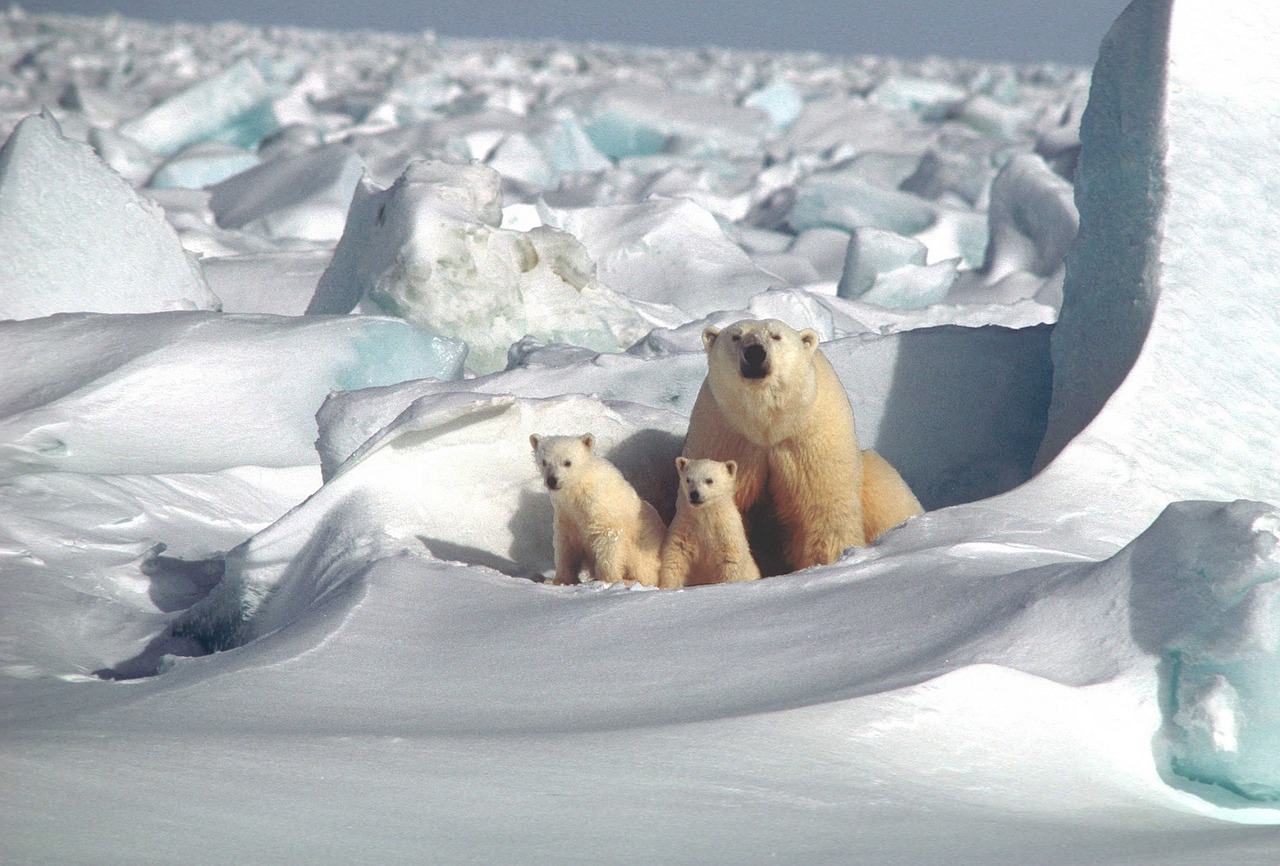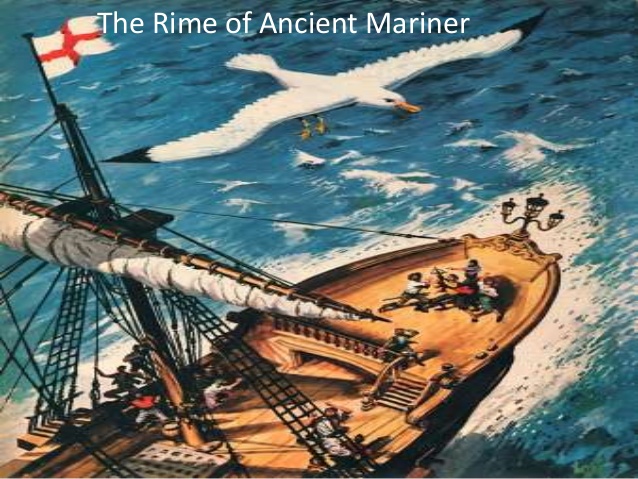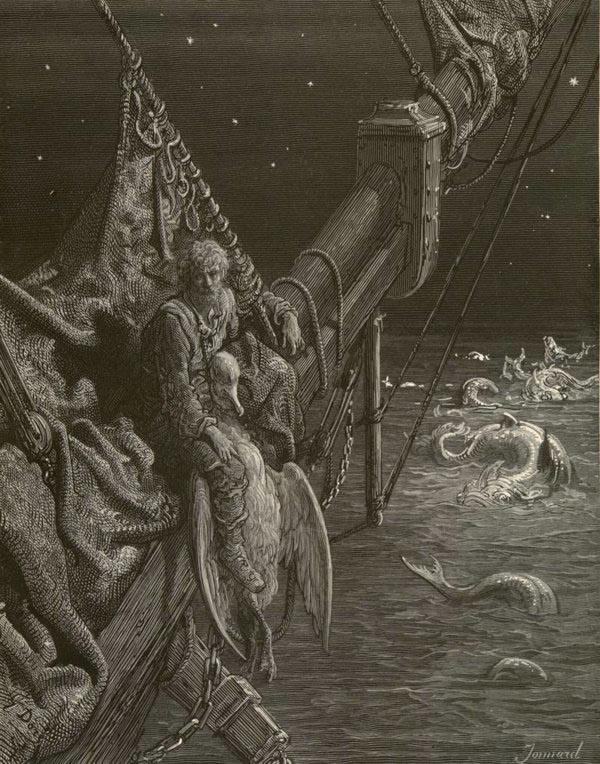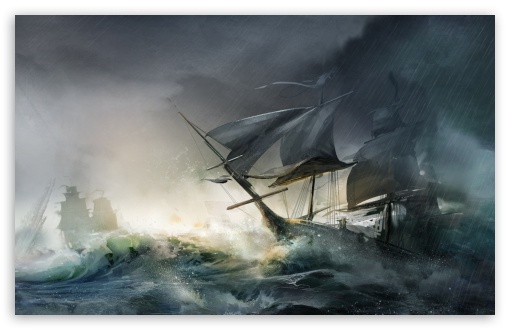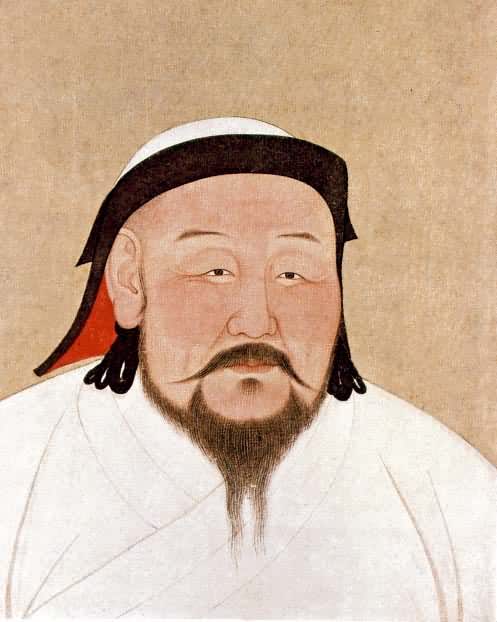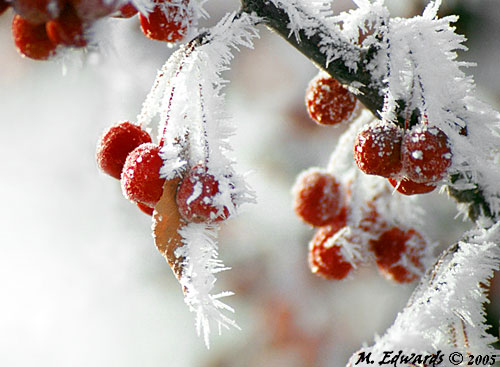To Nature: Critical Analysis
This poem is Coleridge’s way of offering a prayer to Nature. Like Wordsworth and some other Romantic poets as well, Coleridge sees Nature as a god. To him, the worship of Nature is much nobler than that of any organized religion. The worship of the natural world does not take the kind of ostentatious form that the worship of the Christian God in particular does. The worship of nature does not even have a real manifestation either. That is why the poet considers the entire physical world to be his altar. While Christians spend a lot of money in building up extravagant churches, installing stained glass windows and commissioning statues of Jesus and Mother Mary, Coleridge is not in favor of such expenses. No money is spent in erecting Coleridge’s altar, so he anticipates that his Christian readers will feel that the poet has not made any sacrifices to the god in question. However, his faith is much stronger than that of any Christian. It cannot be shaken by other non-believers. On the other hand, Christianity has been challenged through the ages first by factions within itself (such as Protestants or Anglicans), then by the Eastern religions (such as Buddhism) and finally by science. Unlike Christian missionaries, the poet does not even attempt to convert any others to his own faith. It is his intention that his readers should be encouraged to follow their own paths where their beliefs are concerned, and not be dictated by anyone else. He wants them to be independent thinkers and make up their own minds about which god to worship, or whether to worship any god at all. He simply provides an alternative to Christianity, to organized religion, as well as to conventional forms of worship.
To Nature: Annotations
Please note: N= noun, V=verb, Adj=Adjective, Adv=Adverb, P=Preposition, Pr=Pronoun
Fantasy (N): A fanciful mental image, typically one on which a person often dwells and which reflects their conscious or unconscious wishes
Essay (V): Attempt or try
Clings (V): Third person present tense of the word “cling”, that is, to hold on tightly to
Trace (V): Find or discover by investigation
Earnest (Adj): Resulting from or showing sincere and intense conviction
Piety (N): The quality of being religious or reverent
Mock (N): An object of derision
Grief (N): Intense sorrow, especially caused by someone’s death
Vain (Adj): Producing no result; useless
Perplexity (N): Inability to deal with or understand something
Altar (N): A table or flat-topped block used as the focus for a religious ritual, especially for making sacrifices or offerings to a deity
Fretted (Adj): (Especially of wood or stone) decorated with patterns
Dome (N): A rounded vault forming the roof of a building or structure, typically with a circular base
Fragrance (N): A pleasant, sweet smell
Yields (V): Third person present tense of the word “yield”, that is, to produce or provide (a natural, agricultural, or industrial product)
Incense (N): A gum, spice, or other substance that is burned for the sweet smell it produces
Thee (Pr): An older form of the word “you”
Thou (Pr): An older form of the word “you”
Shalt (V): An older form of the word “shall”
Despise (V): Feel contempt or a deep repugnance for
Priest (N): An ordained minister of the Catholic, Orthodox, or Anglican Church, authorized to perform certain rites and administer certain sacraments
Sacrifice (N): An act of giving up something valued for the sake of something else regarded as more important or worthy
To Nature: Poetic Devices
Rhyme scheme:
Sonnets typically occur in two types of rhyme schemes – in the pattern ABBA ABBA CDE CDE , known as the Petrarchan sonnet, or in the pattern ABAB CDCD EFEF GG, known as the Shakespearian sonnet. In “To Nature” neither of these patterns is followed in its entirety. The rhyme scheme of “To Nature’ is as follows: ABBA CDDC EFEFGG. Thus it is an atypical sonnet.
Rhetorical devices:
Transposed sentence:
Poets often change the sequence of words in their lines in order to maintain the rhyme scheme chosen by them for that particular poem. In this poem, the poet uses the device of transposed sentence in lines 1-3 when he writes “… when I/ Essay to draw from all created things/ Deep, heartfelt, inward joy…” instead of writing “…when I essay to draw deep, heartfelt, inward joy from all created things”, in lines 4-5 when he writes “…trace in leaves and flowers that round me lie/Lessons of love and earnest piety” instead of writing “… trace lessons of love and earnest piety in leaves and flowers that lie round me”, in line 9 when he writes “So will I build my altar in the fields” instead of writing “So I will build my altar in the fields”, and in line when he writes “…the blue sky my fretted dome shall be” instead of writing “… the blue sky shall be my fretted dome”, the latter being more grammatically correct in each case.
Metaphor:
This rhetorical device is used when a covert comparison is made between two different things or ideas. In this poem, the poet uses the device of metaphor in lines 11-12 when he compares the fragrance of flowers with incense that is offered to God.
Apostrophe:
This rhetorical device is used when a poet addresses his or her poem to an absent audience. In this poem, the poet uses the device of an apostrophe in lines 12-13 when he addresses his devotion directly to Nature with such words as “thee” and “Thou”.
To Nature: Central Idea
Nature is the poet’s only teacher, and His teachings give him great joy. That is why he worships only Nature and no other God. His faith in the Nature god can withstand any test. He has built his own church, and it is made up of the entire natural world. This may not seem to be much of a sacrifice, but he is sure that the Nature God will not hold that against him.
To Nature: Themes
Critique of ostentatious practices of the Christian church: In this poem, the poet conceives the natural world itself to be his church. This is because he is a child of the Reformation. As we know, the Reformation was a movement against the ostentatious practices of the Catholic Church. The Protestants did not think that their places of worship needed to be adorned with stained glass windows and the like. Similarly, the poet here imagines the blue sky to be the dome of his church and the scent of wildflowers to be incensed.
Critique of faith that can be easily shaken: Beginning in the 17th century, many scientific studies had shown that there was no foundation in reality for certain theories propagated by Christianity, such as the Earth is at the center of all things and that man is the most superior amongst all animals. Hence man’s faith in Christianity was starting to be shaken. However, if you worship Nature, your faith will be founded on a stronger base, thought the poet.
Critique of priests: Catholicism was preached by priests or church fathers who believed that only they had the right to interpret the Bible for the common people. However, the Protestants believe that every man, woman, and child ought to be able to read the Bible and interpret it for themselves. Coleridge also thought that every man was entitled to practice his own unique form of faith.
To Nature: Tone
The tone of Coleridge in this poem is very devout. In his worship of Nature, he is absolutely sure that it is a legitimate form of worship. That is why his devotion cannot be called into question by anyone. Even when he speaks of the Nature god himself, he does not lose his faith in His ability to love humble believers like the poet himself. There is not even a tone of regret when Coleridge admits that he cannot offer much to the Nature god, for he does not doubt that no such offerings are necessary to appease Him.
“To Nature” is an atypical poem in many ways. Its rhyme scheme does not adhere to the usual rhyme schemes that a sonnet can follow. Its subject matter also does not Coleridge’s usual concerns voices in his poetry, especially the aspect of a supernatural presence. However, this does not make us doubt the poet’s commitment to worshipping Nature in any way. Perhaps under the influence of his good friend William Wordsworth, or perhaps of his own accord, the poet certainly developed a strong devotion towards Nature, and that devotion is exactly what this poem is about. In fact, this poem reaffirms more surely than any other poem by Coleridge how in this with ts he was. This makes us admire him in a way that neither Christabel nor Kubla Khan can. You can also refer to To Nature: Summary here.
Some online learning platforms provide certifications, while others are designed to simply grow your skills in your personal and professional life. Including Masterclass and Coursera, here are our recommendations for the best online learning platforms you can sign up for today.
The 7 Best Online Learning Platforms of 2022
- Best Overall: Coursera
- Best for Niche Topics: Udemy
- Best for Creative Fields: Skillshare
- Best for Celebrity Lessons: MasterClass
- Best for STEM: EdX
- Best for Career Building: Udacity
- Best for Data Learning: Pluralsight

